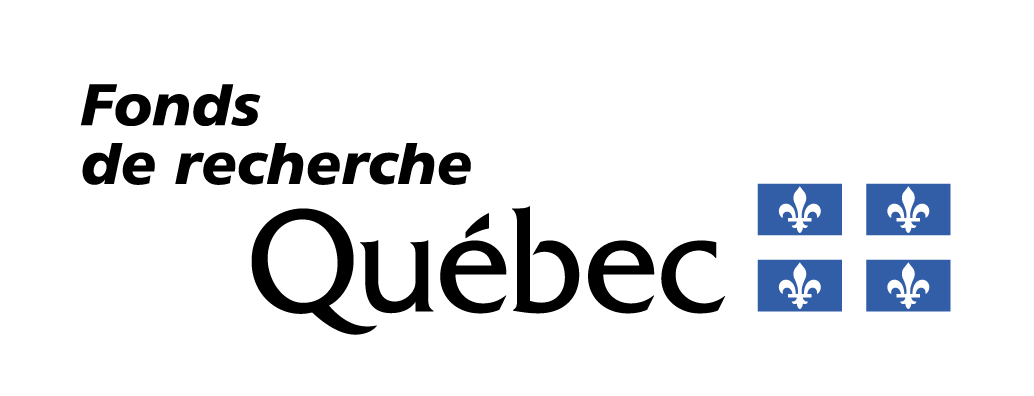Doing More with Less!
The circular economy is a new model that aims to break the link between economic growth on one hand and natural resource depletion and environmental impacts on the other. In other words, generating profits and taking care of the environment don’t have to be diametrically opposed!
The circular economy is driven by two key mechanisms:
- Rethinking our production methods and consumption habits to use fewer resources and protect the ecosystems that generate them.
- Optimizing the resources that are already in use in our societies.
In short, we must consume less and better.

Is Circular Economy a Reality in Québec?
In Québec, the circularity index—the share of materials looped back into the economy—is 3.5% (RECYC-QUÉBEC, 2022). That’s less than half the global index, which is 8.6% (Circle Economy, 2022) and far behind the Netherlands, which has a circularity rate of 24.5% (Circle Economy, 2020). So, there’s room for improvement!
Currently, the most prevalent and deeply rooted system is a linear one that is complex to reform. A systemic scientific approach directly in line with societal needs is required to enable the transition to a more sustainable and circular model.
And that’s exactly why the Québec Circular Economy Research Network (RRECQ) was created: to bring together experts who can deconstruct the linear system, project by project.
Want to be Circular?
Discover the different spheres of application.
How is the Network Contributing to the Transition?
Discover the RRECQ and how it’s bringing together the dynamic forces in research to accelerate the transition to a circular economy.
